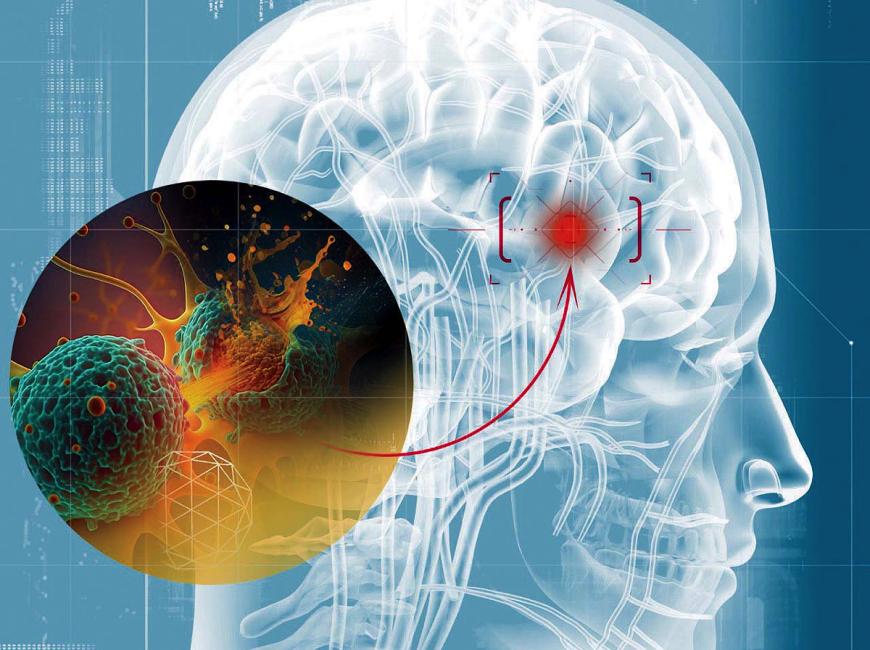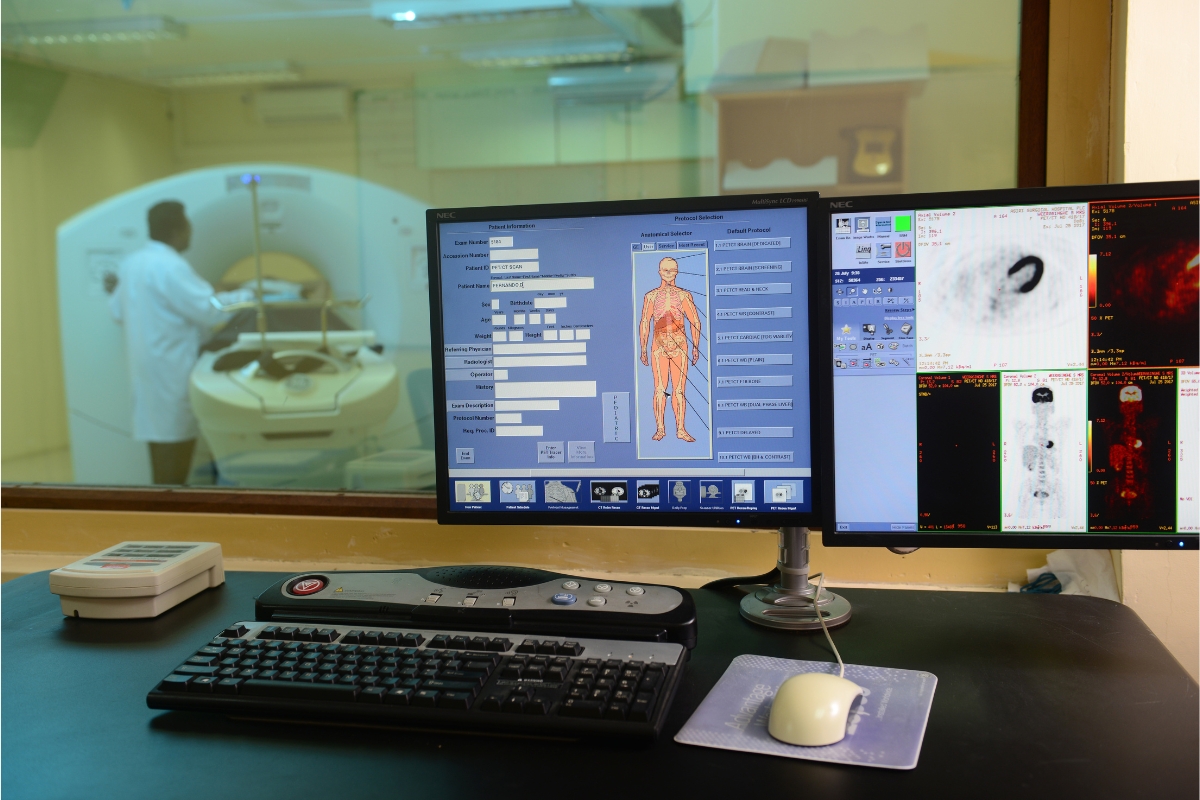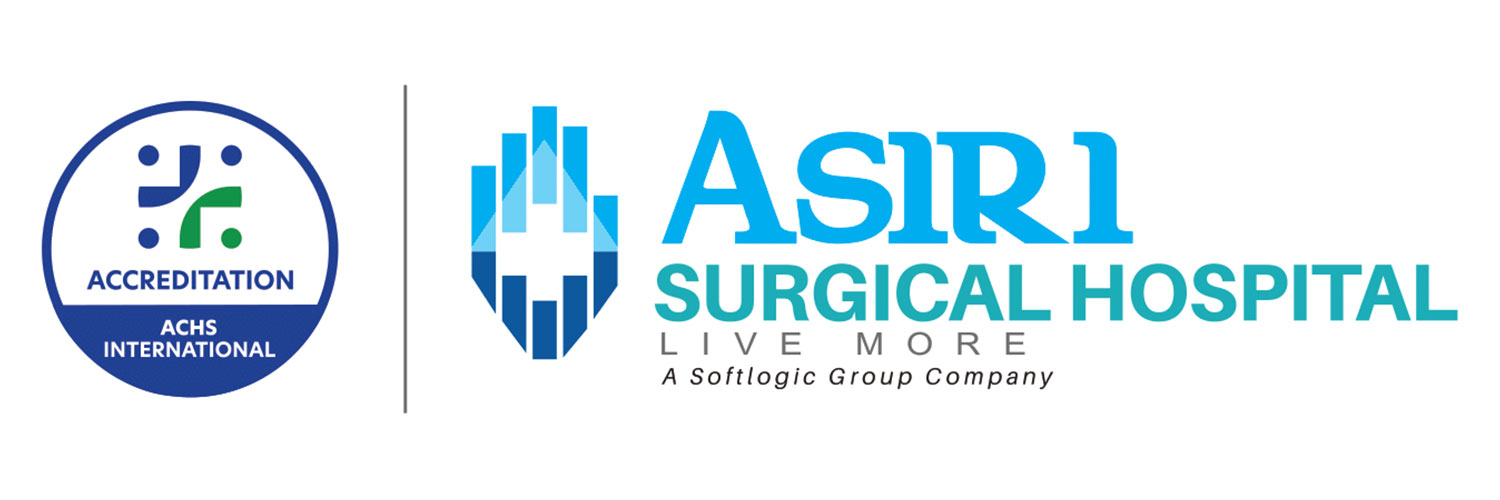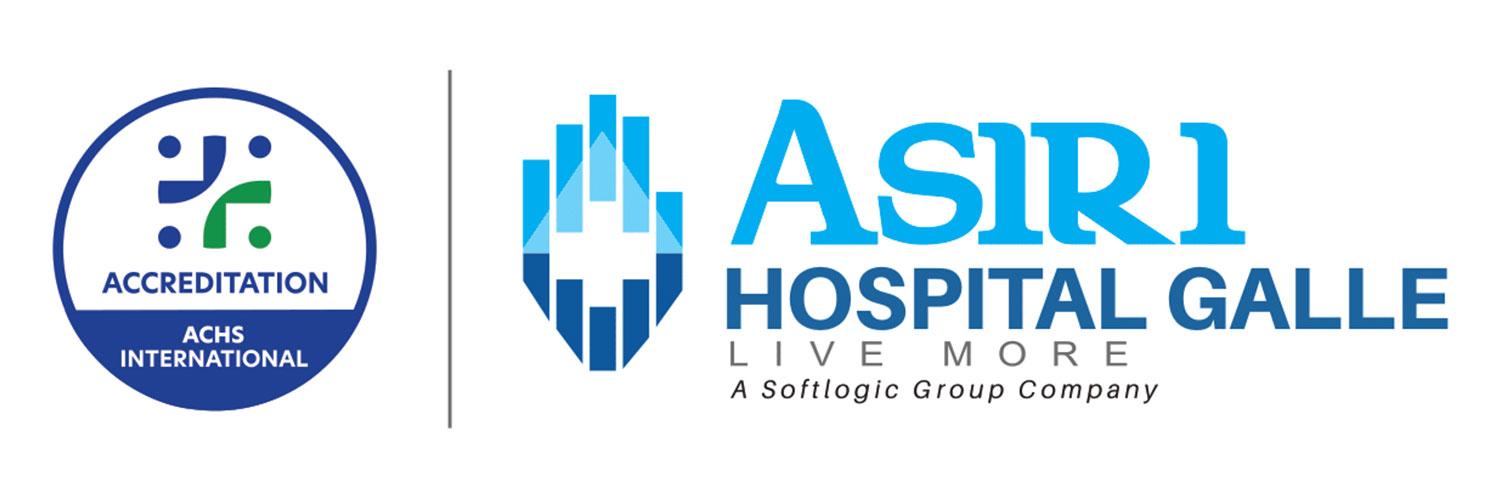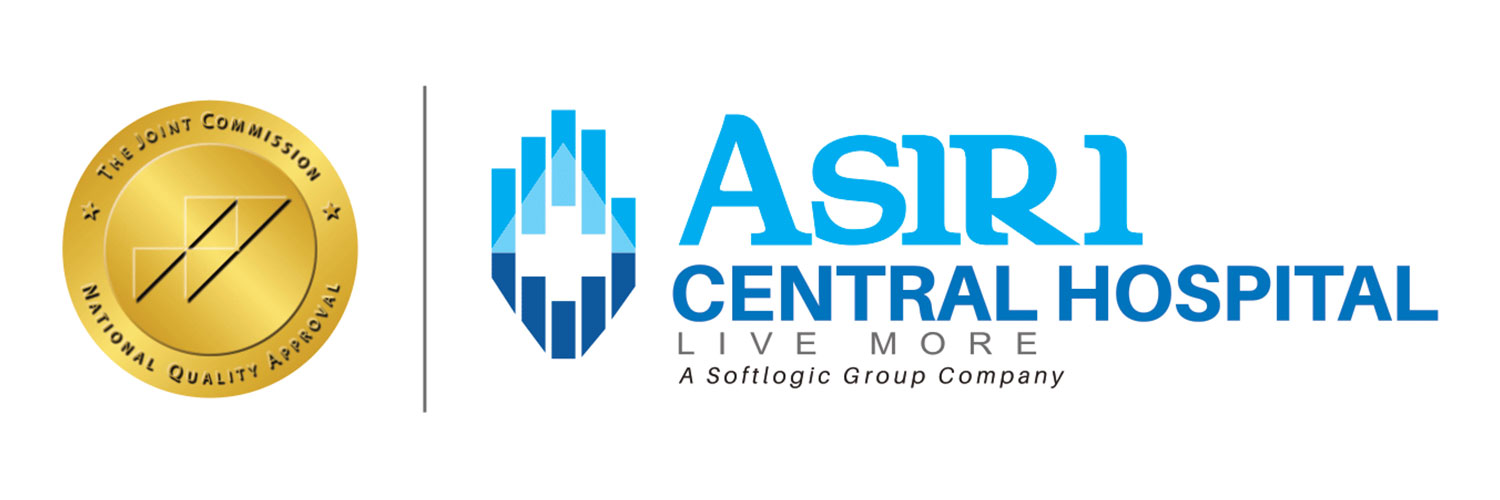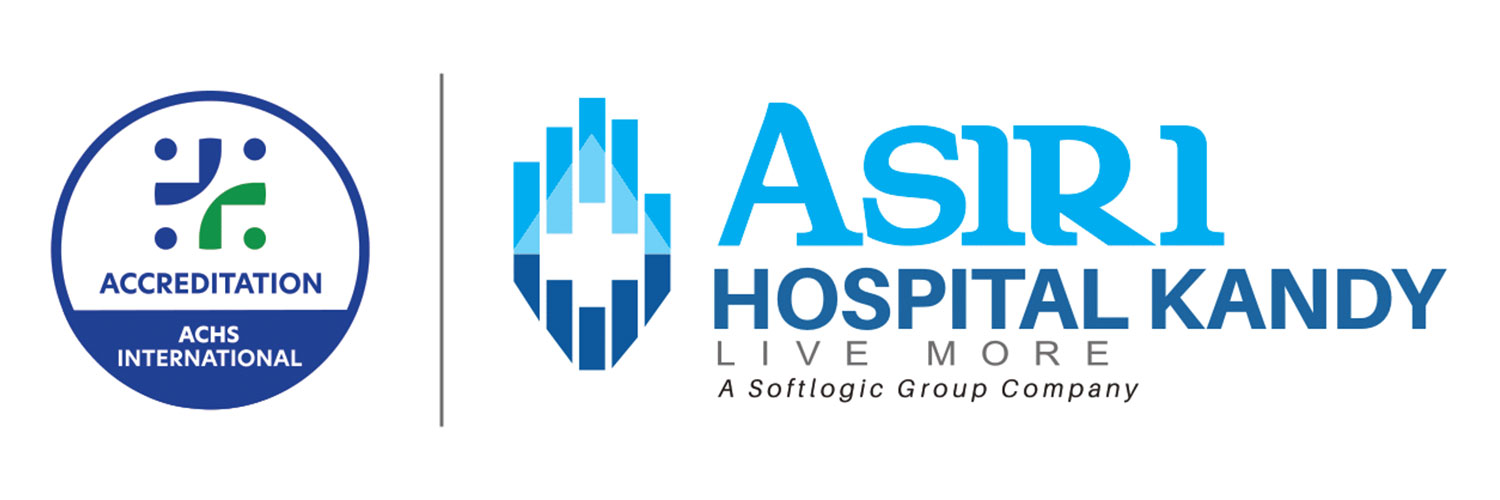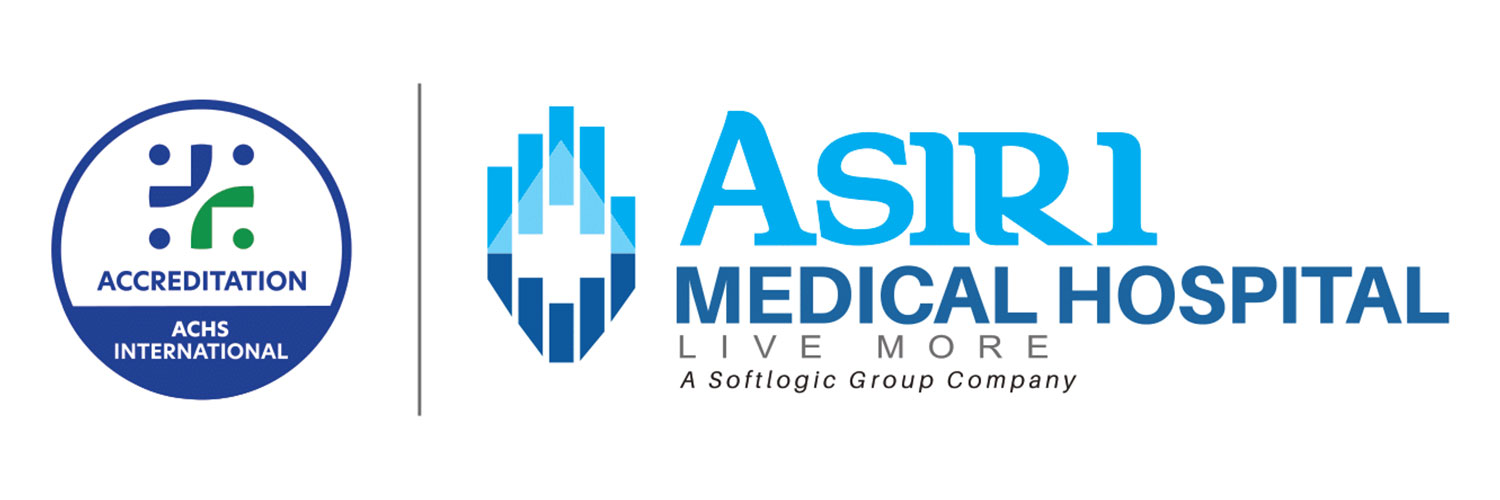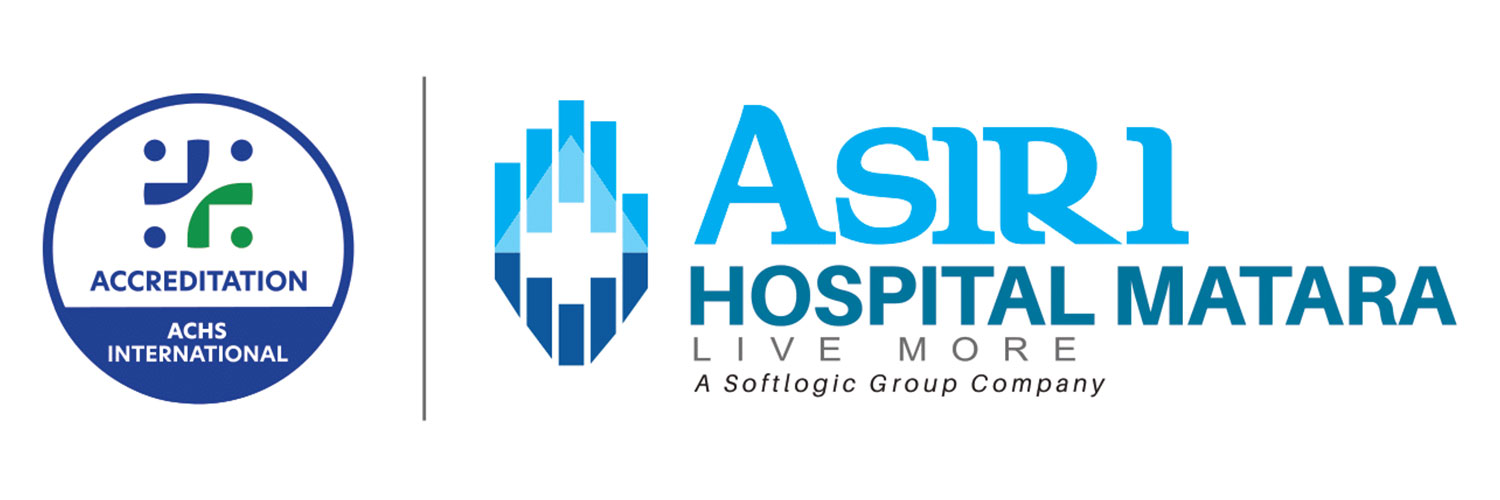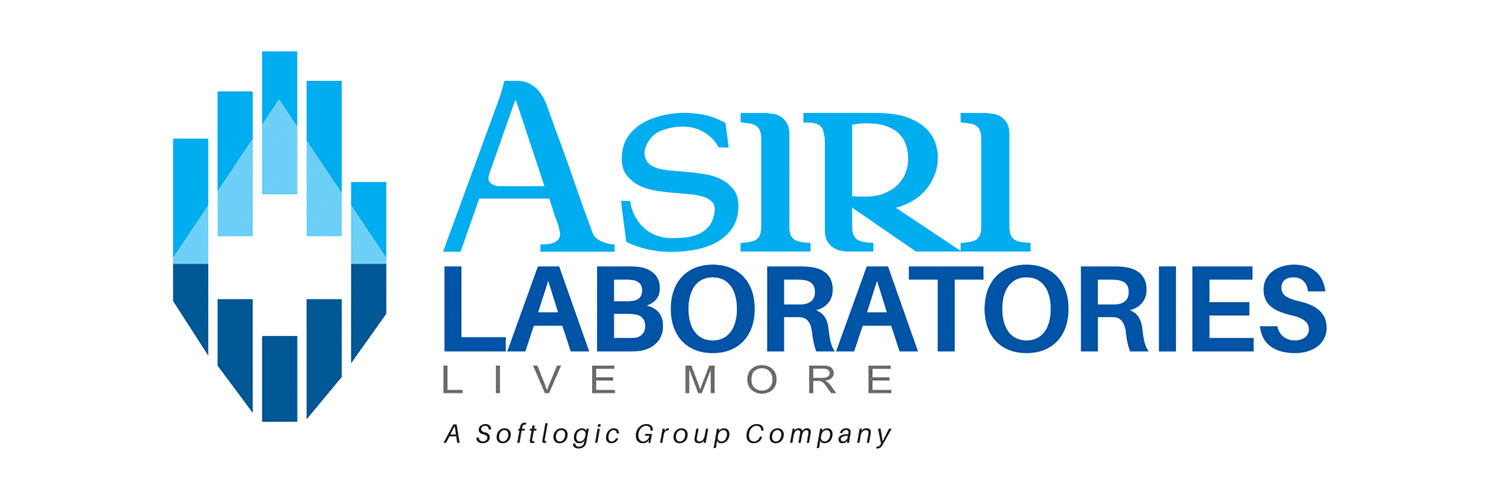November 13, 2024
The Vital Role of Dialysis in Managing Chronic Kidney Disease (CKD)
The Vital Role of Dialysis in Managing Chronic Kidney Disease (CKD)
Dialysis is a crucial, life-saving treatment for individuals dealing with kidney failure, a severe condition where the kidneys can no longer effectively filter waste and excess fluids from the blood. Healthy kidneys play a critical role in balancing electrolytes, waste products, and fluids, but when they fail, dialysis steps in to prevent the dangerous buildup of toxins in the body.
Understanding Kidney Failure and Its Causes
Kidney failure often results from Chronic Kidney Disease (CKD), a progressive condition commonly triggered by diabetes, high blood pressure, or other chronic health issues that slowly damage kidney function over time. Once kidney function falls to about 10–15% of normal, dialysis becomes essential for survival. In cases of Acute Kidney Injury (AKI), a condition that can arise from severe illness, injury, or toxicity, dialysis may be temporarily required until kidney function improves. However, those with End-Stage Renal Disease (ESRD) or advanced CKD may need dialysis long-term unless they receive a kidney transplant.
How Dialysis Works and Its Types
Dialysis plays a key role in removing waste products like urea and creatinine from the blood, keeping electrolyte levels balanced, and preventing fluid overload. The two main types of dialysis—hemodialysis and peritoneal dialysis—each offer unique advantages based on individual needs.
• Hemodialysis filters the blood outside the body through a machine.
• Peritoneal Dialysis uses the lining of the abdomen as a natural filter to clear waste from the bloodstream.
The choice between these options is determined by medical advice and personal lifestyle considerations.
The Critical Health Benefits of Dialysis
Without dialysis, kidney failure can lead to severe and potentially fatal consequences. Toxins, waste, and excess fluids accumulate, causing symptoms such as nausea, fatigue, and fluid retention. Without treatment, kidney failure can advance to uremia, a dangerous condition marked by confusion, seizures, and even coma. Additionally, fluid overload puts strain on the heart, increasing the risk of heart failure, while electrolyte imbalances, particularly with potassium, can lead to life-threatening heart arrhythmias.
Dialysis as a Life-Saving Intervention
Dialysis is an essential treatment that extends life, prevents serious complications, and, for many patients, serves as a bridge to kidney transplantation. For those with kidney failure, it is a crucial intervention to manage the condition, prevent organ failure, and maintain a better quality of life.

